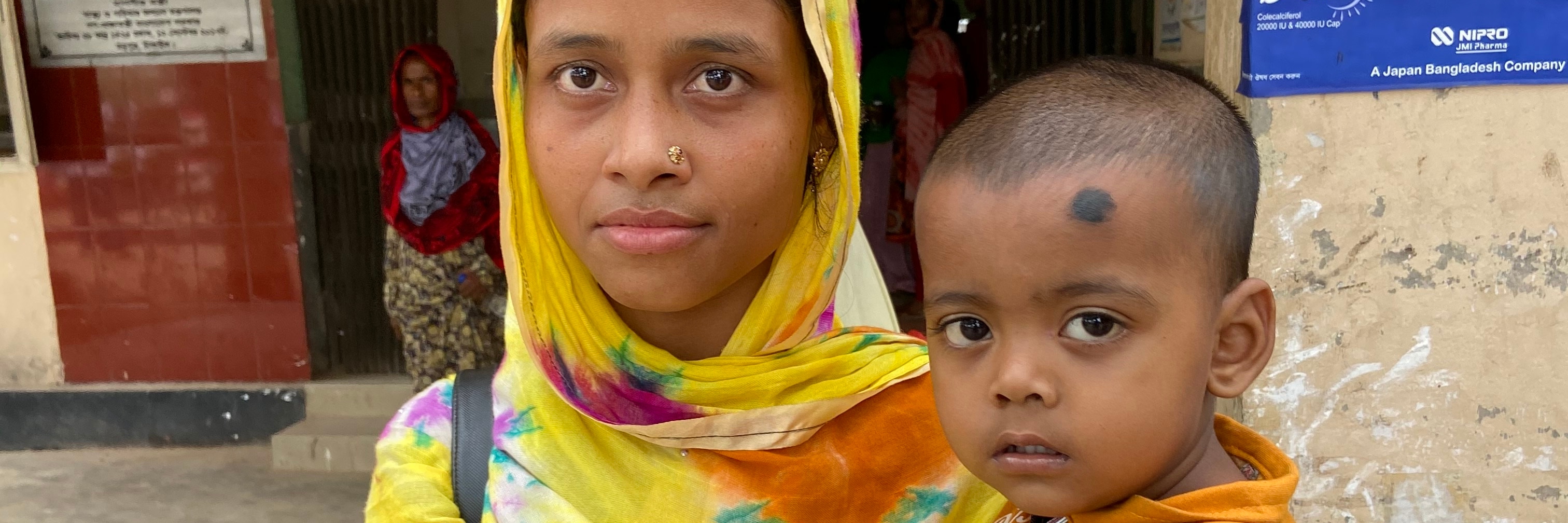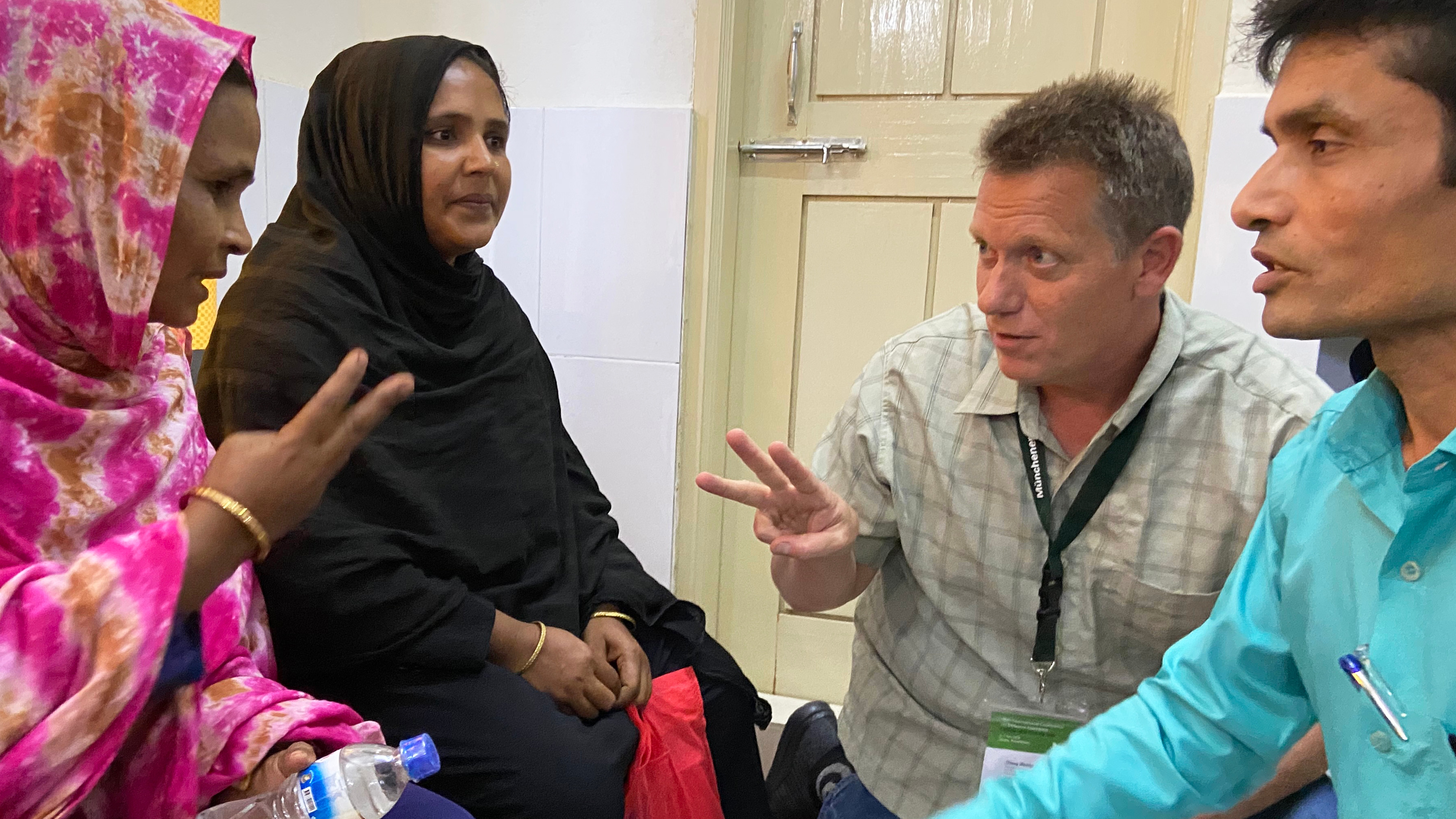
Reaching the poorest of the poor
State-mandated microinsurance in Bangladesh
Fieldtrip 15th ICII
properties.trackTitle
properties.trackSubtitle
This year, the field trip of the 15th International Conference on Inclusive Insurance in Bangladesh led to the north of the country. In the Tangail district, a good 100 km north of Dhaka, there are pilot hospitals of a state health programme. There, even the poorest of the poor receive good care.
In the context of microinsurance (inclusive insurance), there is an ongoing debate about how to reach even the lowest income groups. A pilot project by the government in Bangladesh, which also bears the costs, shows that this is possible. Almost 50 million people in Bangladesh live below the poverty line. More serious illnesses threaten to plunge further into deeper poverty. Because being ill can be expensive. Year after year, 15 percent of families have extremely high health expenses, and they often have to go to the money lender. About 2.5 percent of Bangladeshis fall into poverty as a result - every year.
Health care as a state task
Health care is also a matter of state in Bangladesh. Paragraph 15a of the constitution stipulates this. And acting Prime Minister Sheikh Hasina Wajed takes the issue very seriously. On March 24, 2016, a program called "Shathyo Suroksha Karmasuchi", SSK for short, was launched. The aim is to protect people below the poverty threshold against health risks - and this nationwide. In 2019, the state-organised programme (Social Health Protection Scheme) already covered around 85,000 households and reached around 300,000 people. More than 45,000 sick people received medical care and around 10,000 patients were treated in hospitals. Madhupur is one of the pilot sites in three sub-districts of Tangail District. Dr. Nurul Amin, Director of the Health Economic Unit, explains: "We have big goals. By 2032, we want to reach about one third of the population in Bangladesh, and later the whole country".

Green Delta Insurance as operator
Green Delta Insurance, a large state insurer, manages the program. The respected company is also a pioneer in digital insurance solutions. SSK benefits from this because, for example, administration and customer management can be significantly streamlined. Green Delta plans to cover at least three million households by 2023. How can such a large program be financed? Currently, the costs per participant and year are expected to be around 12 USD. This is why the program is also known as microinsurance. Not every disease is covered, serious diseases such as cancer are excluded. But after all, almost 80 common diseases are now covered. The SSK hospitals are state-run, which helps to keep the costs under control. But of course it also leads to challenges. There is an overall lack of doctors and nurses. Nurses and doctors often prefer to go to the private sector because they can earn better incomes there. Staff shortages and costs, challenges as in so many healthcare systems in many countries of the world.
Visiting a hospital - We talk to the beneficiaries
In a hospital, the Madhupur Upazila Health Complex, the field trip participants had the opportunity to get to know the SSK system better and talk to insured persons. Nargis is 35 years old, her son Hossain is only two. "Hossain had bad food poisoning, we were very desperate," says Nargis. In the past, the family living below the poverty line, could not afford to get ill. In 2017 she registered with SSK. "We got the health card easily," says Nargis. After a health check, action is taken quickly. "Hossain immediately went to the hospital. After six days, everything was fine again," adds the mother happily.
